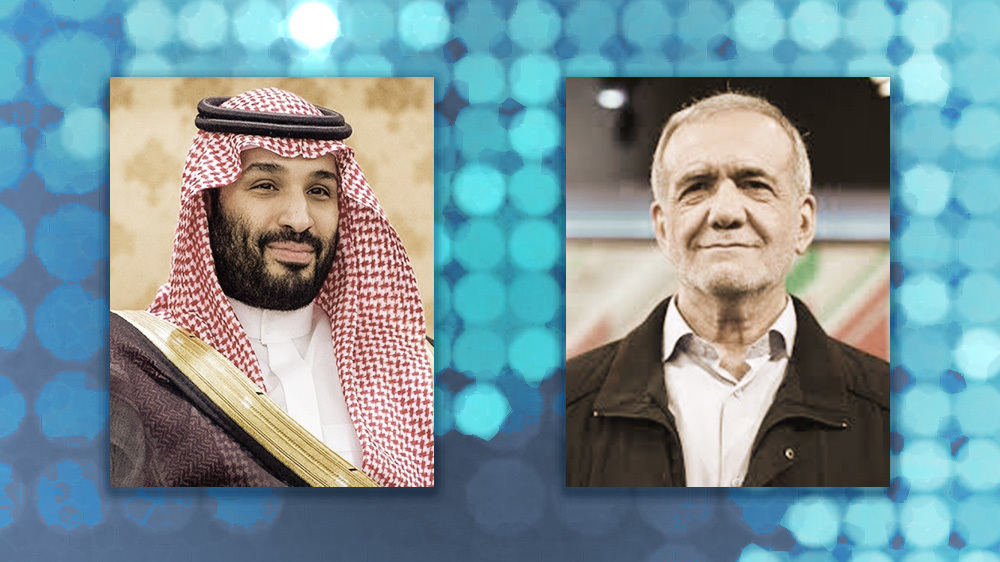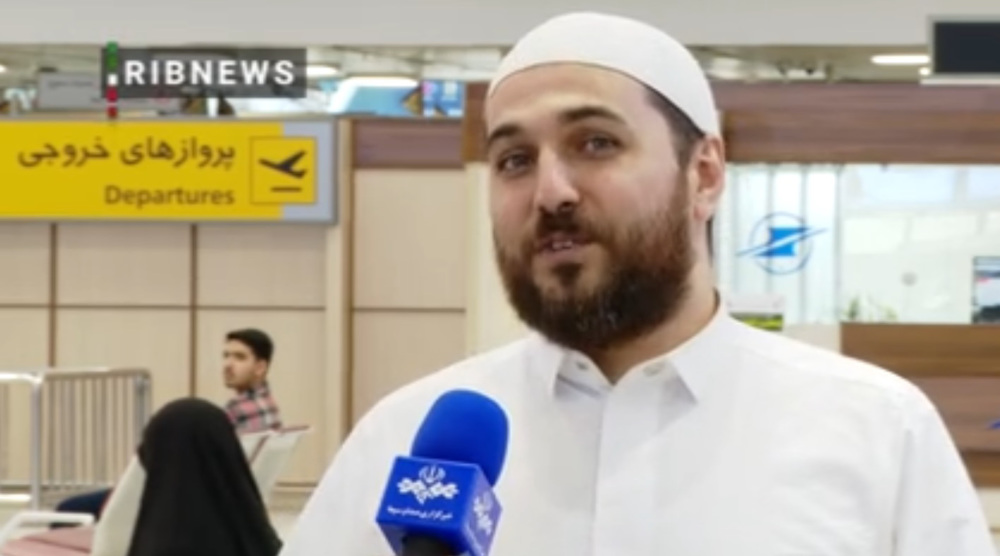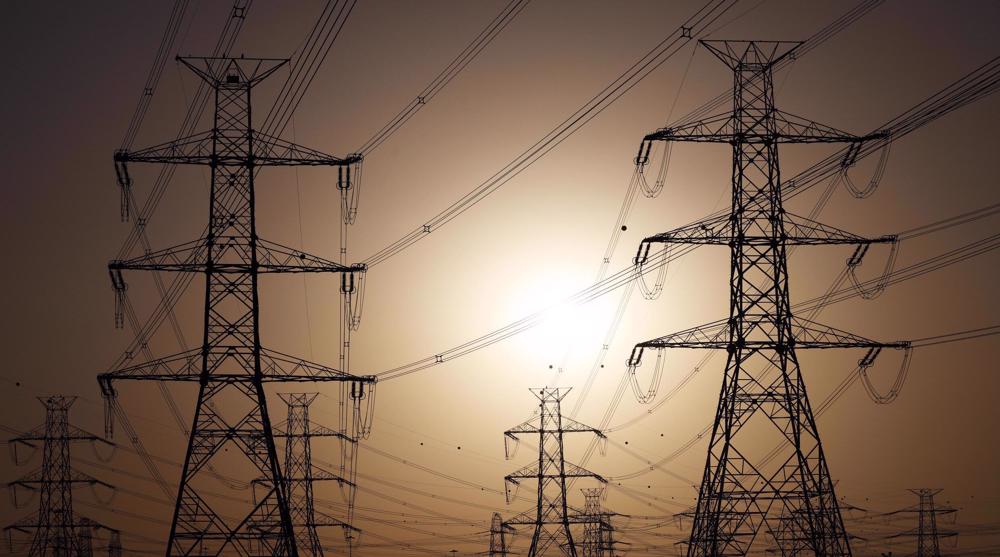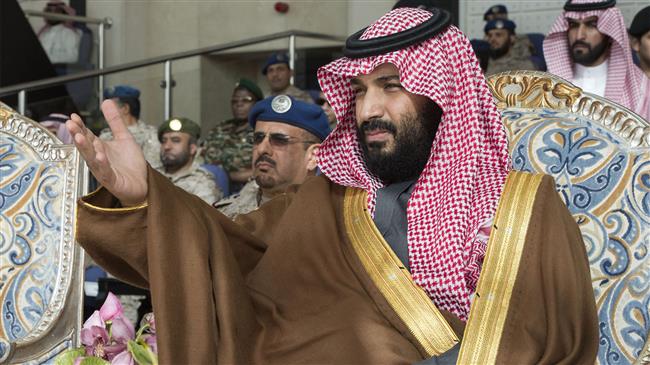First satellite images of Saudi nuclear plant show completion
New satellite images show that Saudi Arabia has almost completed the building of its first nuclear reactor, according to a report by Bloomberg written based on the images by Google Earth.
The report, published on Wednesday, noted that the construction of the facility, which is located in the southwest corner of the King Abdulaziz City for Science and Technology in Riyadh, is alarming, because the country has not accepted the international rules and frameworks needed to ensure that civilian atomic programs aren’t used to build weapons.
“There’s a very high probability these images show the country’s first nuclear facility,” former International Atomic Energy Agency (IAEA) director Robert Kelley told Bloomberg. “It means that Saudi Arabia has to get its safeguards in order.”
Meanwhile, Bloomberg quoted the Saudi energy ministry as saying in a statement that the facility is being built with transparency and is in full compliance with the international agreements.
Saudi Arabia has signed the IAEA’s so-called Small Quantities Protocol, but it hasn’t adopted the rules and procedures that would allow nuclear inspectors to access potential sites of interest.



(Photo by: Google Earth)
This comes as a bipartisan group of American lawmakers have raised concerns about Washington’s nuclear dealings with Saudi Arabia.
In a letter drafted to US Energy Secretary Rick Perry on Tuesday, Senators Robert Menendez, the senior Democrat on the Senate Foreign Relations Committee, and Republican committee member Marco Rubio questioned the recent approvals for American companies to share nuclear energy information with Saudi Arabia.
The senators specifically pointed to Riyadh’s insistence on forgoing Washington’s so-called 123 agreement, a set of nonproliferation standards required by Section 123 of the US Atomic Energy Act of 1954.
The 123 agreement, often referred to as Washington’s “gold standard” for foreign civil nuclear cooperation, prevents the foreign entity from enriching uranium or reprocessing plutonium made in reactors - two routes to making nuclear weapons.
Negotiations between the US and Saudi Arabia for nuclear cooperation came to a halt under the administration of former President Barack Obama, after Riyadh refused to accept Washington’s proposed standards.
In its never ending quest for more money, the administration of President Donald Trump resumed the talks and is reportedly considering a deal that would allow Riyadh to enrich and reprocess uranium and pave the way for American companies to build nuclear reactors in the kingdom.
In February, a report by a congressional committee revealed that the Trump administration was trying to bypass Congress to transfer sensitive nuclear power technology to Saudi Arabia.
Iran’s Foreign Minister Mohammad Javad Zarif at the time decried the US “hypocrisy” over the planned nuclear sale to the Saudi regime.
In March 2018, Saudi Crown Prince Mohammed bin Salman said that the kingdom would be quick to develop nuclear weapons if Iran — which Riyadh views as its arch rival in the region — did so.
Iran does not pursue nuclear weapons, and under a 2015 international deal, it has placed its entire nuclear program under enhanced 24/7 monitoring by the United Nations’ atomic watchdog, which has repeatedly confirmed the peaceful nature of Iran’s nuclear program.
Read more:
VIDEO | UK police brutal assault on Muslim family sparks outrage, protests
Hamas: Death of leader in Israeli jail amounts to murder
EU sends €1.5 billion to Ukraine from frozen Russian assets
VIDEO | Millions of Yemenis rally for Gaza, call for more anti-Israel operations
UN chief calls for Olympic truce as games begin in Paris
Paris Olympics begin as sports world reeling from loss of 400 Palestinian athletes in Gaza war
Iran warns ‘sworn enemies’, says sidekicks of US, Israel ‘displaced’ with bloody hands
New British govt. bends, drops plan to challenge ICC over Netanyahu arrest warrant















 This makes it easy to access the Press TV website
This makes it easy to access the Press TV website